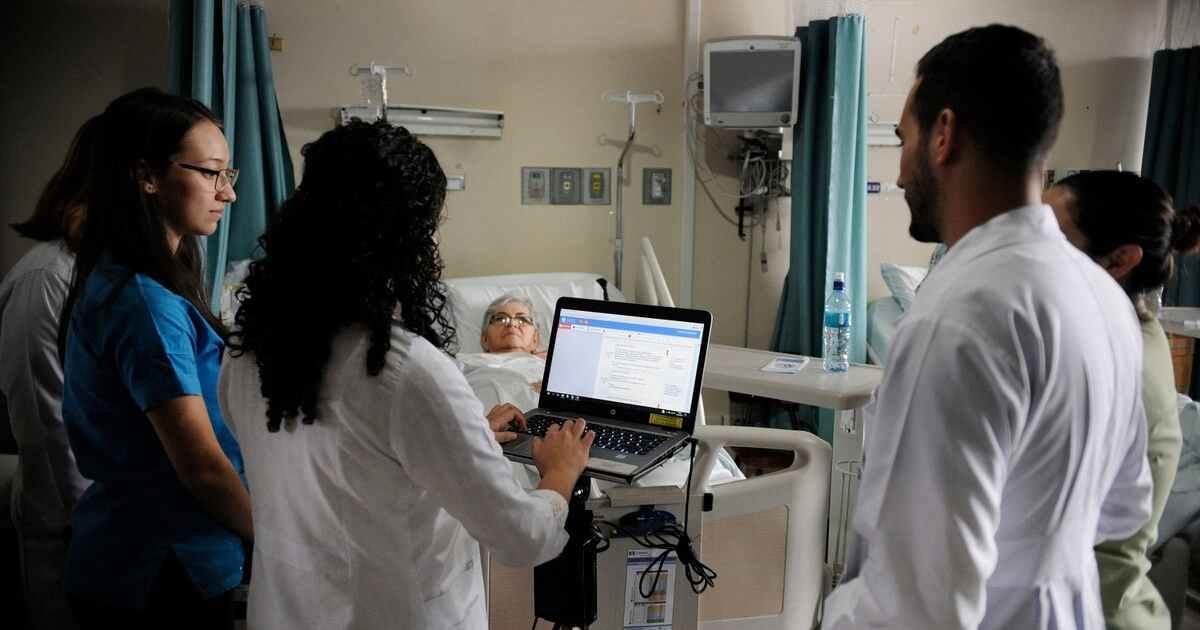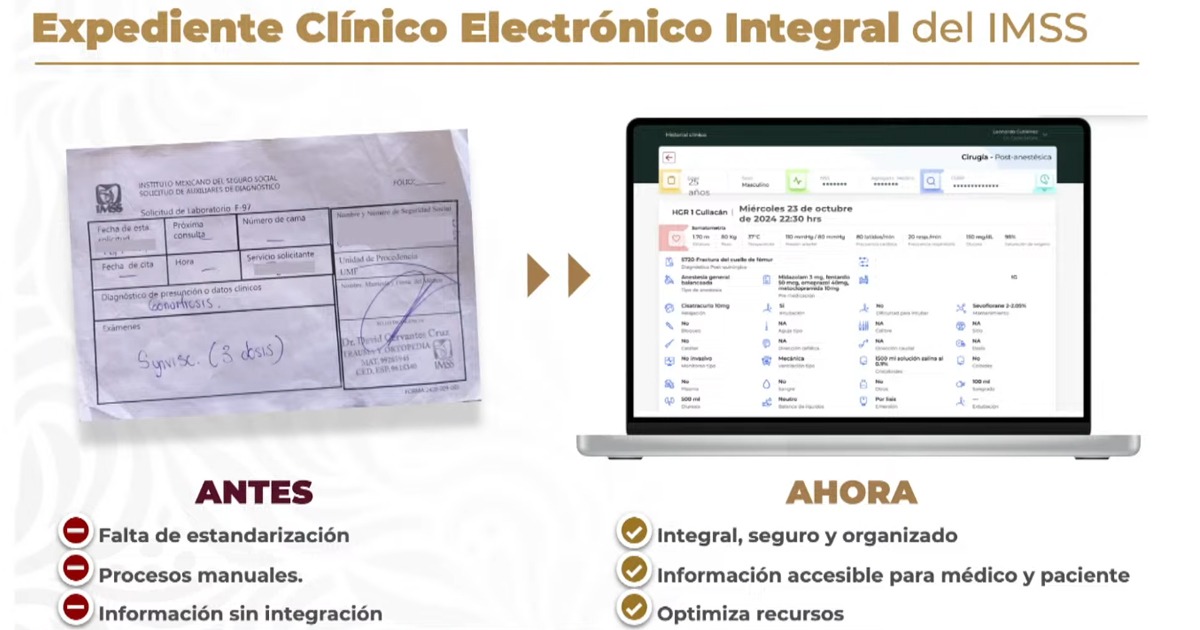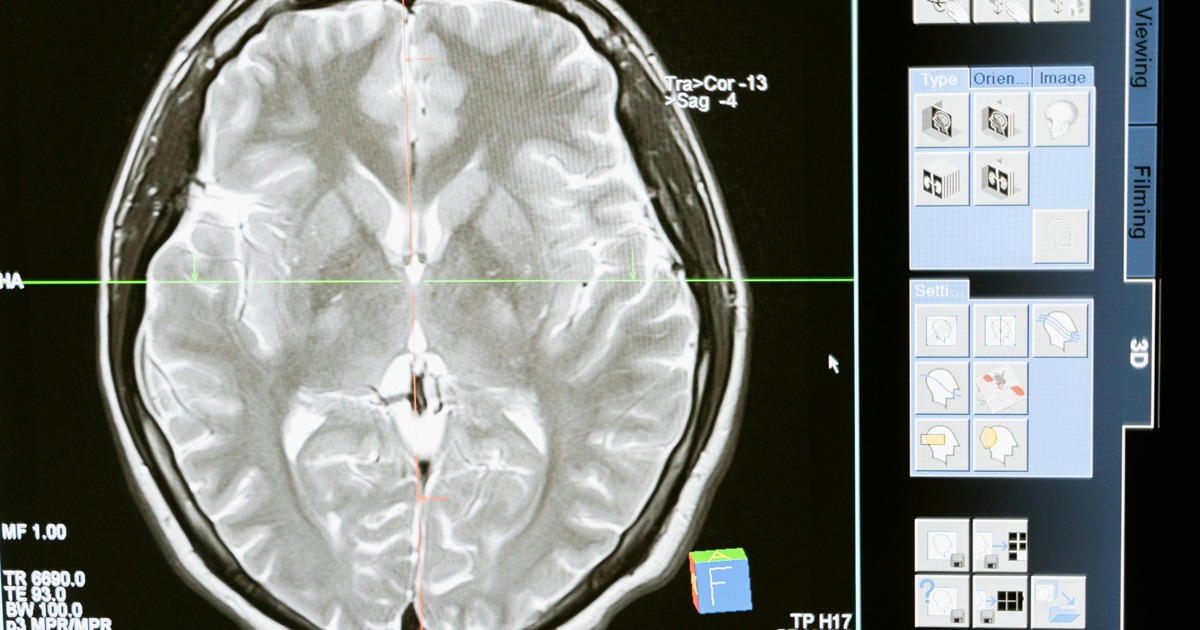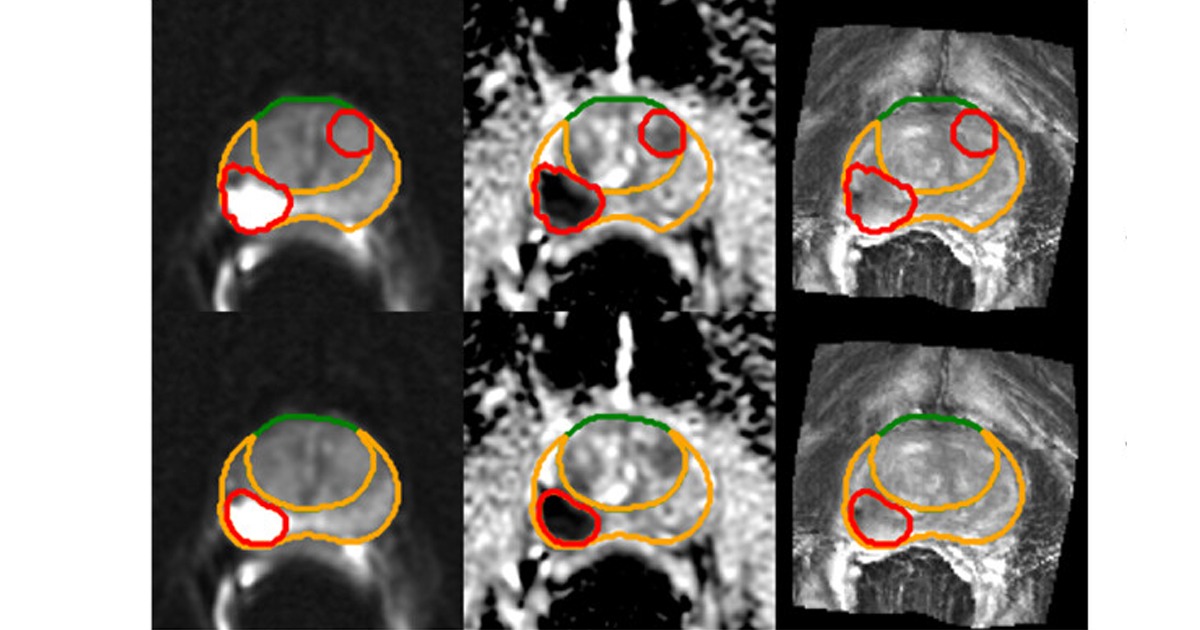Uruguay authorities created a series of digital strategies involving different ministries and public health and governance units, which also promoted public-private partnerships.
Salud.uy the initiative of the Ministry of Public Health and the Ministry of Economy and Finance, in collaboration with the Agency for Electronic Governance and Information and Knowledge Society (Agesic, in spanish), created a digital strategy for the management of the pandemic in the South American country. They first developed new digital communication channels, such as the web-based virtual assistant that was integrated into the Uruguayan government's state pages. It was later updated and they released a version for WhatsApp and Facebook Messenger.
In addition to chatbots, the Coronavirus UY app was launched, which together form a comprehensive strategy that seeks to improve support and medical care during the pandemic. In an interview with Revista Salud Digital Latin America, Pablo Orefice, director of Salud.uy, mentioned that the digital strategy achieves: to provide adequate care to suspicious cases, organizes demand according to health criteria and optimizes health services of assistance to the population. Orefice mentioned that the application of digital tools "improves people's quality of care and protects health personnel in contact with possible vectors of infection."
In addition, the Uruguayan government also developed a technological tool to know the availability of beds and fans in health centers, as well as the staff available in internment services, moderate care and intensive care.
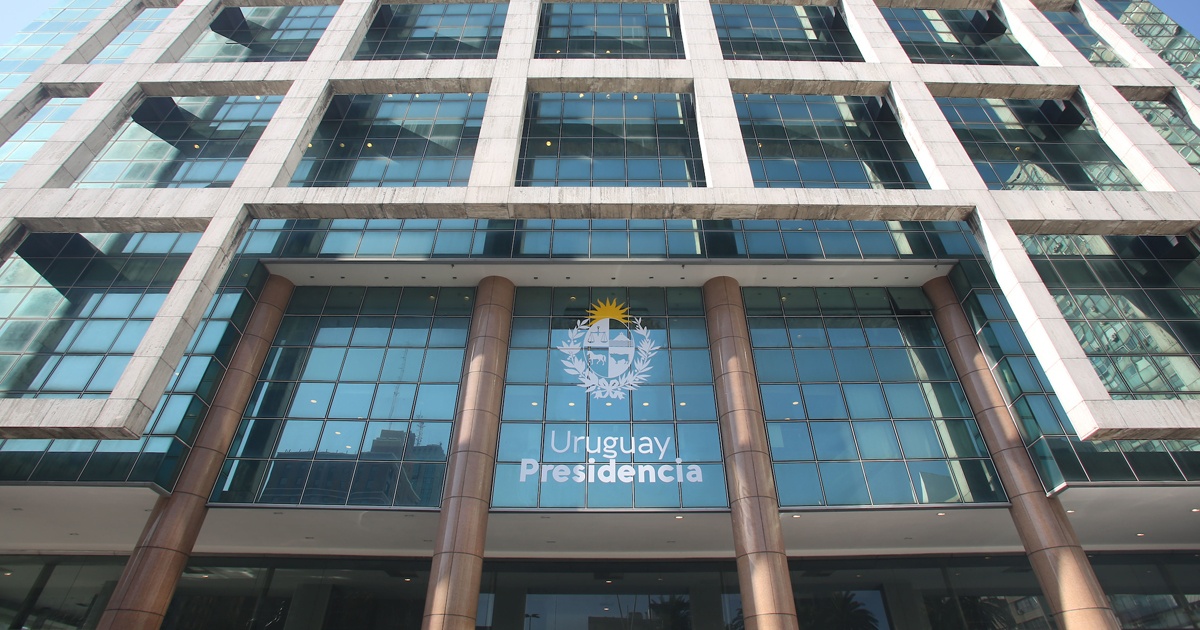
“The government needed to organize demand and optimize health services, avoiding crowding in health care facilities, trying to avoid face-to-face care as much as possible and decongesting telephone communication channels,” he explained.
The advancement of Digital Health in Uruguay, showed its effectiveness this year 2020, during the COVID-19 pandemic, offering technology at the service of the population. “Just as people did in the face of the implementation of digital medical history at the country level, public and private health service providers acted together, making information converge in a common center,” Orefice concluded.
DIGITAL HEALTH MAGAZINE
